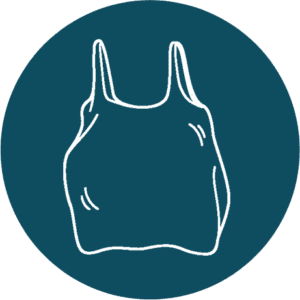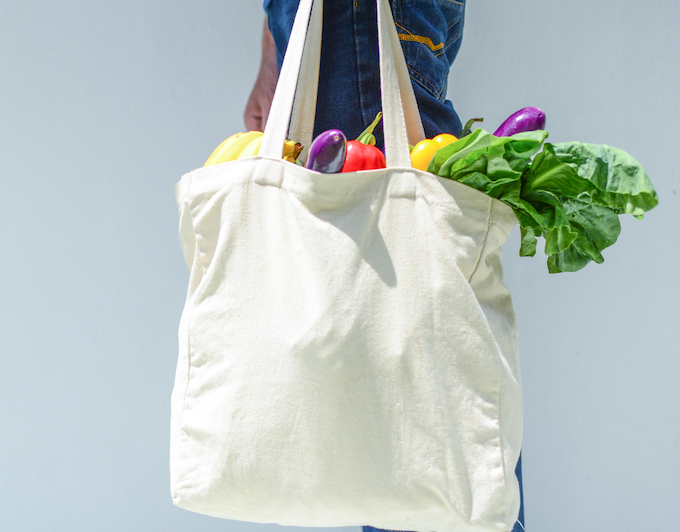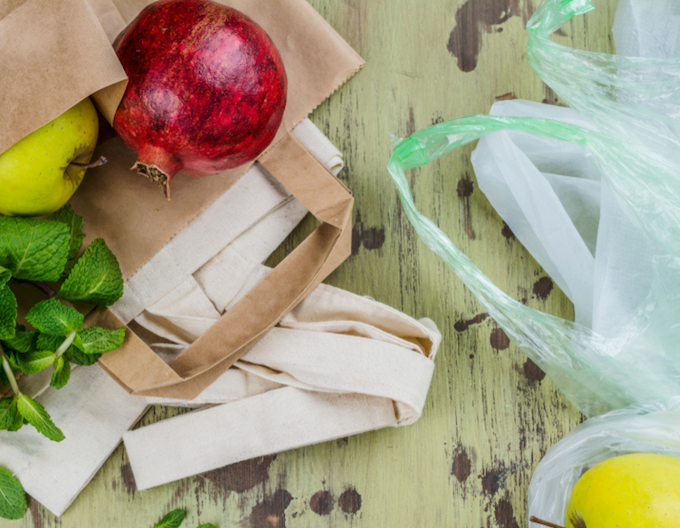Reducing Plastic Waste: How to Implement the PPRA
The State of Colorado’s Plastic Pollution Reduction Act (also known as the PPRA, or House Bill 21-1162) was passed in 2021 to reduce and mitigate plastic pollution in Colorado.
In Phase 1 of implementation of the Plastic Pollution Reduction Act, which began January 1, 2023, large retailers in Colorado were required to charge a minimum $0.10 fee per paper and plastic checkout bag. The fee was intended as a stepping stone toward a plastic bag ban in 2024 (Phase 2 of implementation). The fee is waived for customers who are enrolled in state or federal food assistance programs. If local ordinances called for higher fees or taxes for checkout bags, the fees would be consistent with the higher amount. Colorado municipalities, retailers, and food establishments are now preparing for implementation of Phase 2.
Phase 2 of the PPRA takes effect January 1, 2024
- Plastic bag ban: Large retailers in Colorado are prohibited from distributing plastic checkout bags. Retailers are allowed to use up remaining inventory of plastic checkout bags after January 1, 2024, until supplies are depleted or until June 1, 2024. Retailers must charge the $0.10 fee on any plastic bags distributed through June.
- Paper checkout bag fee: A minimum fee of $0.10 per bag will continue to be charged for paper checkout bags, as required in Phase 1 of the Plastic Pollution Reduction Act, effective January 2023.
- Polystyrene food and beverage container ban: Also starting January 1, 2024, retail food establishments are prohibited from distributing polystyrene foam (often referred to as Styrofoam®) cups and food containers. Food establishments are allowed to use up remaining inventory of polystyrene foam cups and food containers after January 1, 2024, until supplies are depleted.
How municipalities can prepare for Phase 2 of the Plastic Pollution Reduction Act
How retailers and food establishments can prepare for Phase 2 of the Plastic Pollution Reduction Act
What are the benefits of implementing phase 2 of the PPRA (a ban on plastic bags and polystyrene)?
Reducing plastic and paper bag use and eliminating polystyrene takeout containers can save money, energy, water, and trees—and protect Colorado’s rivers, soils, groundwater, wildlife, and livestock from plastic pollution.




![]()
![]()
Municipalities will also save money spent on costs associated with plastic bags, including litter cleanups and damage to recycling equipment. The law also directs funds from bag fees to be spent on recycling, composting, and waste diversion programs that will help provide valuable support for local sustainability programs.


























